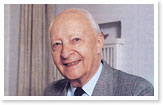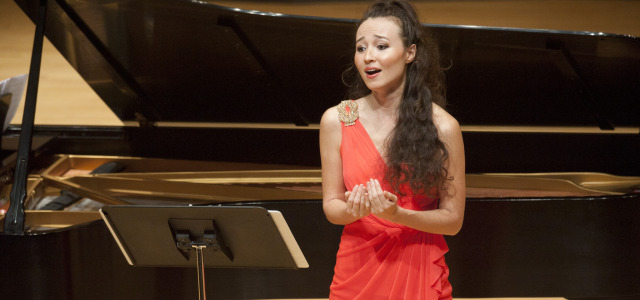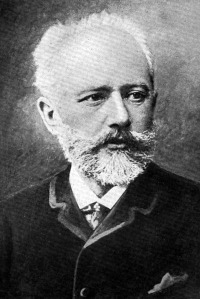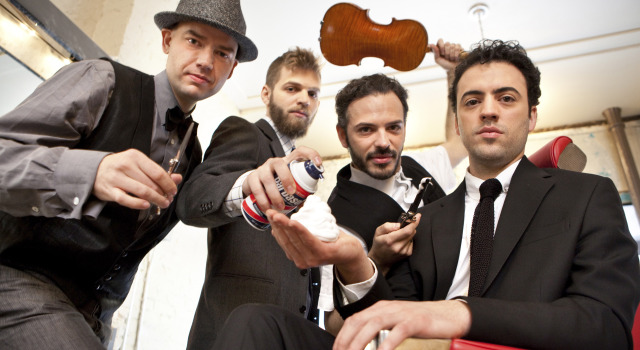
The Ravinia Student Advisory Board and the Ravinia Associates congratulate Morgan Park High School, the winner of Ravinia’s third annual high school attendance contest for Chicago Symphony Orchestra concerts. More than 100 Chicago area high schools participated in the contest, which awards students points when they attend CSO concerts at Ravinia.
Morgan Park edged out last year’s winner, Central Burlington. Rounding out the top five schools this year, 2011 winner Highland Park High School took third, New Trier High School took fourth, and Libertyville High School took fifth.
Find full standings on our website. Morgan Park will be awarded a $5,000 grant generously donated by the Ravinia Associates, a board of young professionals who support Ravinia by raising funds and increasing awareness of the festival’s REACH*TEACH*PLAY education programs.
Find out what’s new with the Classical Youth Initiative on Facebook and Instagram.

















